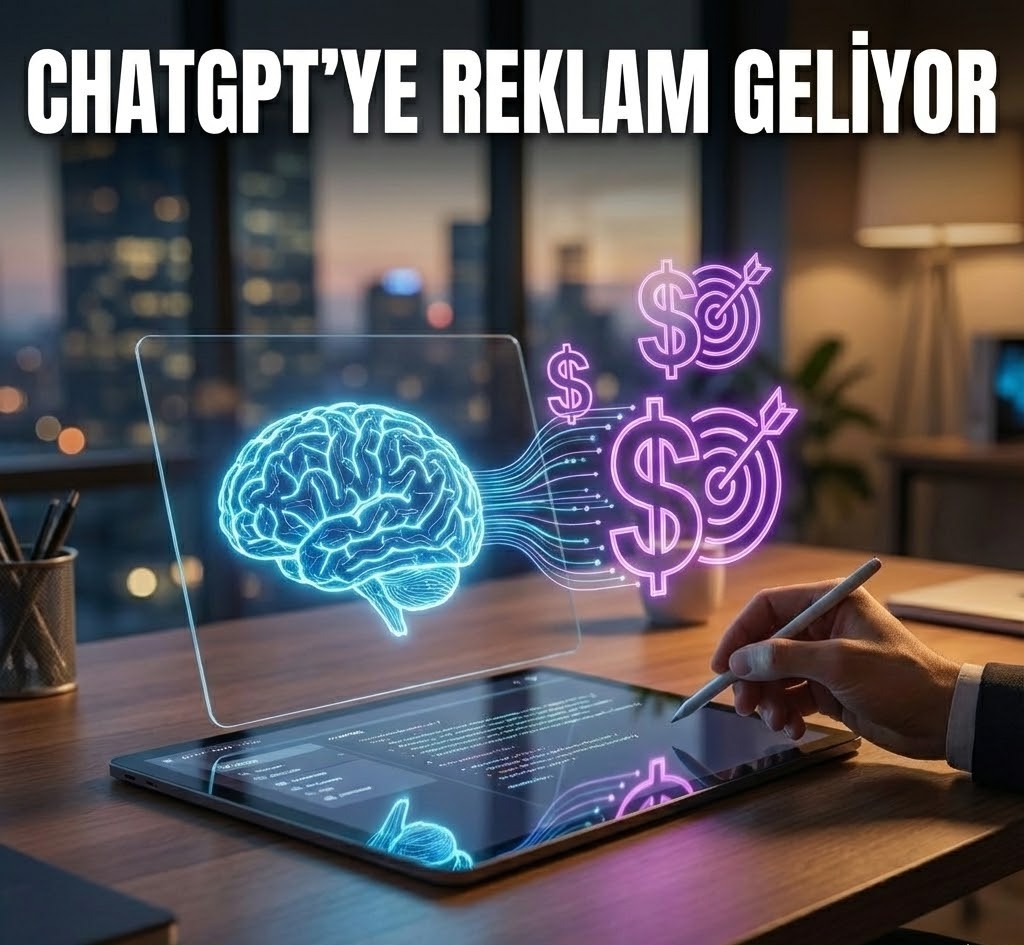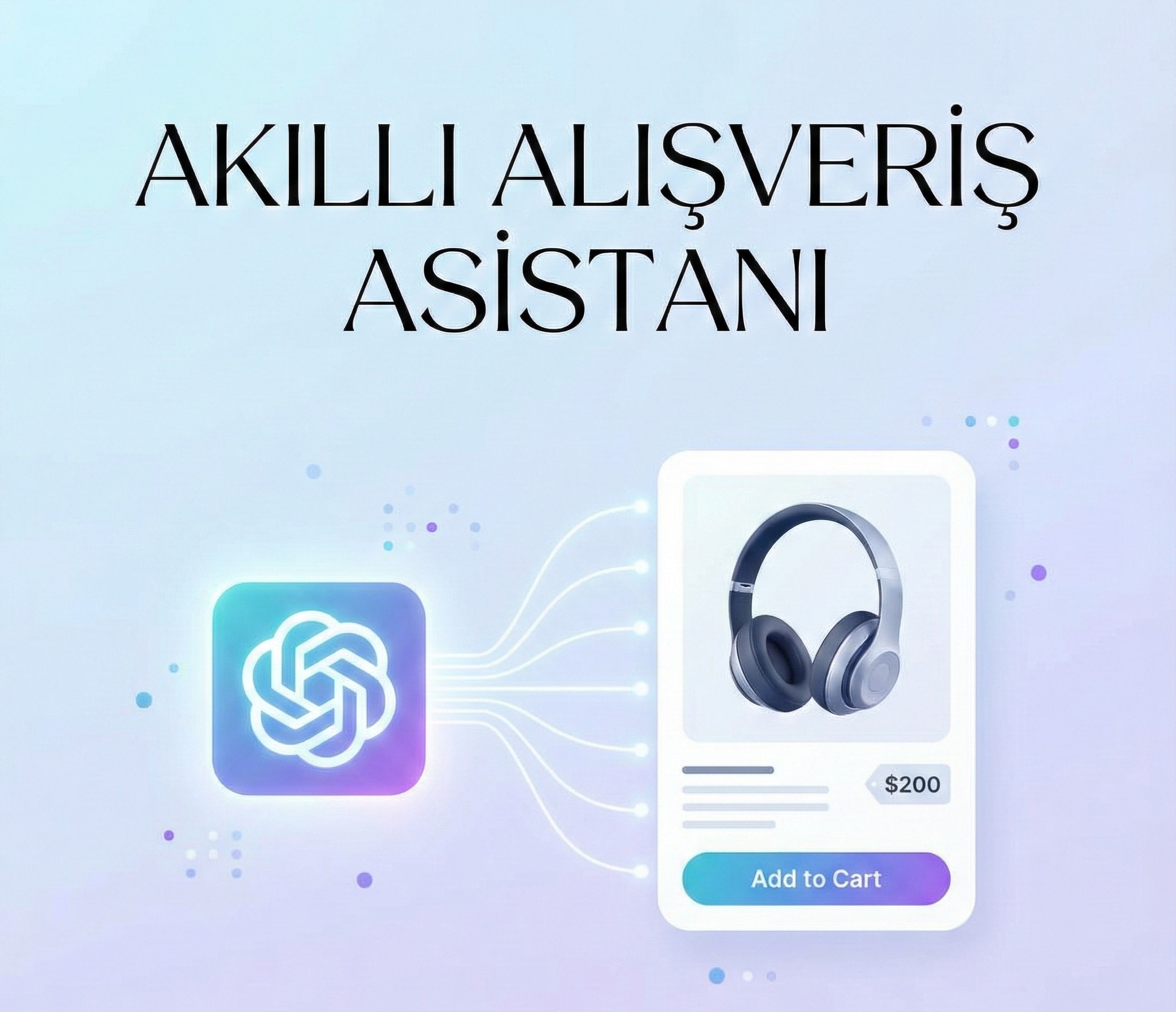A new era of innovation is unfolding in healthcare. Microsoft’s newly developed AI system, MAI-DxO, has achieved results that push the boundaries of human intelligence in diagnosing complex diseases. In recent tests, this advanced AI outperformed human doctors by a factor of four in medical diagnostics. This development is seen as one of the most significant steps toward the future of AI in healthcare services.
Revolution in Medicine: Microsoft Unveils New AI System MAI-DxO
Microsoft’s long-awaited AI system MAI-DxO has generated major excitement in the medical world. Unlike single-model systems like Google’s Gemini or Anthropic’s Claude, MAI-DxO works as a diagnostic orchestrator—combining and coordinating multiple AI models to reach the most accurate diagnosis possible. This orchestration capability is what sets it apart from its competitors.
What is MAI-DxO and How Does It Work?
MAI-DxO stands for Medical AI Diagnostic Orchestrator. The name perfectly reflects the system’s core function. When faced with a medical case, MAI-DxO brings together various AI models to determine which steps should be taken, which tests are necessary, and what information holds the highest value. This coordination helps create the optimal diagnostic strategy, potentially eliminating unnecessary and costly procedures—saving both time and resources.
A Medical Super Intelligence Designed for Accuracy
Microsoft’s AI division aims to build a medical super intelligence with MAI-DxO. The main goal is to minimize human error and reach the highest possible accuracy—even in the most complex medical cases. Early test results show just how ambitious and capable this system is in achieving that goal.
Stunning Test Results: Four Times More Accurate Than Human Doctors
The success of MAI-DxO was documented in one of the world’s most prestigious medical journals, the New England Journal of Medicine (NEJM). The study reveals just how far AI has come in diagnostic capability.
Tested on 304 Complex Medical Cases
Microsoft’s AI system was tested on 304 complex cases sourced from NEJM. These were not ordinary cases, but ones featuring rare diseases and complicated symptoms that have historically posed challenges for human doctors. MAI-DxO analyzed the dataset and provided diagnostic recommendations.
AI Reached 4x Higher Accuracy in Diagnosis
The results were staggering: while human doctors achieved a certain baseline diagnostic success rate, MAI-DxO outperformed them by a factor of four. In other words, the AI system was four times more successful than human doctors in diagnosing some of the toughest cases in medicine. This 4x improvement represents a critical threshold, particularly in the accurate identification of rare diseases—which can be life-saving.
Will MAI-DxO Replace Doctors?
Given these remarkable results, one of the first questions that arises is whether AI will replace doctors. However, experts and Microsoft officials emphasize that this is not the goal.
AI as a Support Tool for Doctors
Technologies like MAI-DxO are designed not as rivals, but as powerful assistants to human doctors. The system is intended to serve as a second opinion, offering diagnostic possibilities that doctors might overlook. The ultimate goal is to combine human expertise with the data-processing power of AI.
Faster Diagnoses, Fewer Errors
One of the biggest promises of this technology is to speed up the diagnostic process and reduce errors. At this point, the vision of Mustafa Suleyman, CEO of Microsoft’s AI division, stands out. He describes this development as “an important step toward superintelligence in medicine.” While MAI-DxO still needs further testing before general deployment, it is widely seen as a clear signal that a major transformation in healthcare is on the horizon





